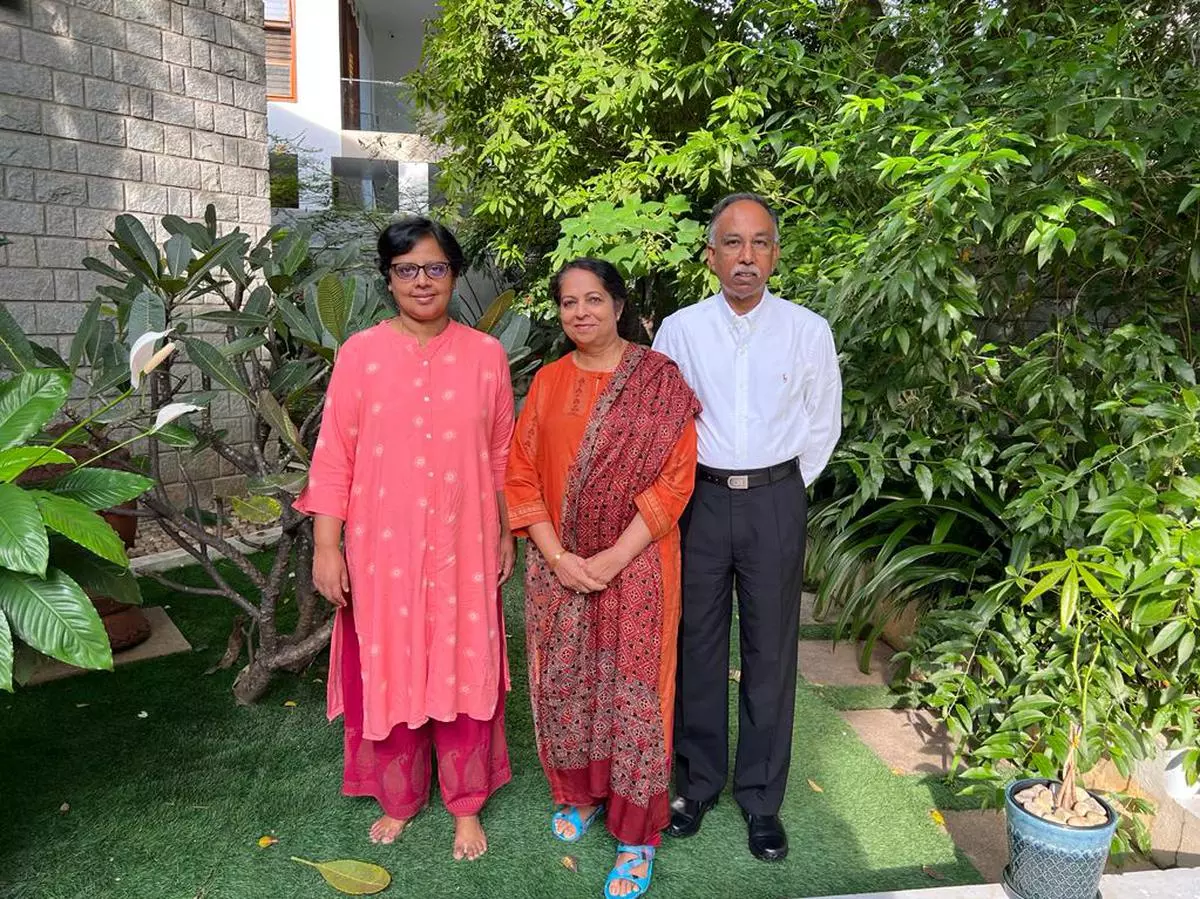A young boy was walking on a beach where thousands of starfish had been washed up during a terrible storm. As he approached each starfish, he would pick it up and throw it back into the ocean so it could survive. A man came up to him and said: “Little one, why is this? You can’t save all these starfish.’ He looked up and replied, “Well, I made a difference, at least for some.”
SD Shibulal, founder and former CEO of Infosys and pioneer philanthropist in education, draws a lot from this story and says, “I cannot believe that there are not one lakh people in India who can help even one child to go to college. In the country, about 250 million children attend schools, the size of an entire European nation, at the K-12 level or in post-secondary institutions. We produce a million engineers every year. But we also have 16 million children who are not in school. “Of course, we have an extremely complex and large system, but to assume that everything is wrong with it may be wrong,” he said. business line here.
Gross coverage ratio
The Sarojini Damodaran Foundation (SDF), named after Shibulal’s parents and of which he and wife Kumari are the trustee and managing trustee respectively, aims to stamp out lawlessness in the sector. The couple was here to attend a meeting of the beneficiaries of Vidyadhan, SDF’s all-India scholarship program for students from poor families. Meera Rajeevan, National Program Director, was with them.
The meeting felicitated leading digital transformation solutions company UST, a key partner of Vidyadhan. Since 2016, Vidyadhan has been committed to driving growth by partnering with corporates and individuals.
The Gross Enrollment Ratio (GER) at the primary level rose from 17 percent to 80 percent after independence, Shibulal recalls.
“We have built up a lot of capacity, perhaps at the expense of quality. In some cases, you should aim for scale rather than quality. As we have improved our metrics, the focus must now be on quality. It is the work of many stakeholders, government, private sector and social enterprises. Teachers also play a very important role,” he noted.
Family charitable initiatives
We need to be patient and stay focused.
“After all, a child who joins us at the age of 15 must reach the age of 22 before he or she can qualify as an engineer. Another of our programs, “Ankur”, which started in 2002, accepts children aged three to four. The first child has just graduated,” says Shibulal.
Unlike Vidyadhan, the children are housed in a hostel and are Ankur’s responsibility.
The third program is ShikshaLokam launched in 2017. It is aimed at developing school leadership at the K-2 level. All this is being done under the auspices of the Shibulal family’s philanthropic initiatives.
Tens of thousands of applications are submitted
This year, Vidyadhan received 40,000 applications out of which only 1,600 will be selected. Processing applications is a challenge in itself. Then comes the screening, during which the applicant takes a test, followed by interviews and home visits.
“We built our own proprietary platform to handle all of this. It also allows me to draw out each child’s life story. After arriving, we observe the child for seven years. Then comes the mentoring and then the funding. We fund about 70 percent of students. The rest are funded by external agencies that also provide mentoring. Looking ahead, I hope that the 70 percent we support will decrease to 10 percent. At this stage we will probably have one lakh students with about 50 lakh applications. That is why we want to collaborate with more people or institutions,” Shibulal said.

